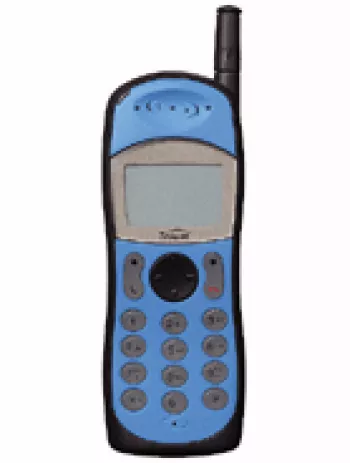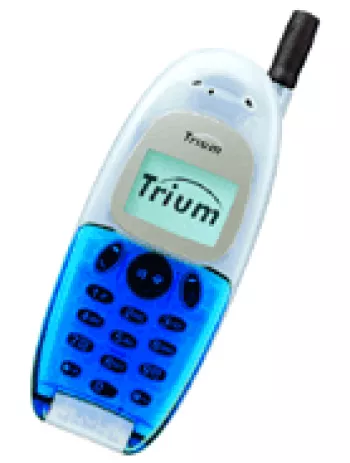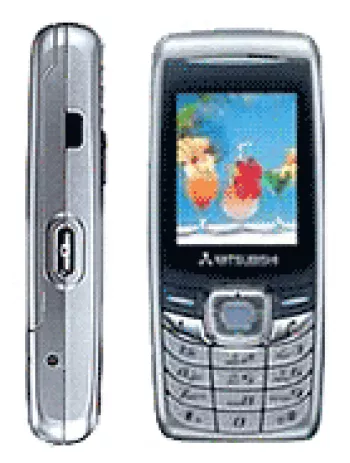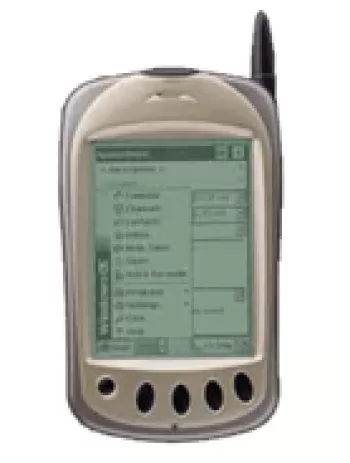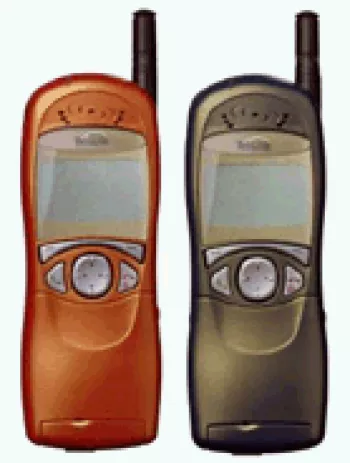Mitsubishi M342i Unveiling Specs Prices Pros & Cons

Overview of Mitsubishi M342i
The Mitsubishi M342i was introduced in the early 2000s as one of the feature phones that marked the transition from basic mobile devices to more versatile, multifunctional tools. Although it has been discontinued, it remains a point of interest for mobile technology enthusiasts due to its early implementation of several functionalities that were considered advanced for its time. Below is a more detailed examination of the specifications and features of the Mitsubishi M342i.
Network Capabilities
The Mitsubishi M342i was equipped with GSM technology, supporting 2G bands GSM 900 and 1800. It also featured GPRS Class 8 for packet-switched data, although it did not support EDGE technology. At the time, GPRS allowed users to access internet-related services like email and web browsing at moderate speeds, which was a stepping stone in mobile connectivity.
Launch and Availability
Announced in the first quarter of 2004, the Mitsubishi M342i was eventually discontinued. However, during its active years, it catered to a market looking for a compact and functional mobile phone with some enhanced features like email and MMS capabilities. The phone is no longer available in new condition, but may be found on secondhand marketplaces as a collector's item or for those interested in retro mobile technology.
Body and Design
With dimensions of 107 x 47 x 19 mm and a weight of 99 grams, the M342i was compact and lightweight, fitting comfortably within the hand or pocket. The phone utilized a mini-SIM card, adhering to the standards of its time. The build was typical of early 2000s mobile phones, prioritizing durability and practicality.
Display
The phone featured a TFT display capable of showcasing 256K colors. It supported a resolution of 128 x 160 pixels. The screen was bright and sufficient for viewing SMS, MMS, email, and navigating its iMode browser, although it lacked the precision and detail seen in modern smartphones.
Memory and Storage
The Mitsubishi M342i contained an internal storage of 5MB, sufficient for basic phonebook entries and a few multimedia files. It did not support any memory card slots for expansion. Users could store contact information alongside a limited number of call records — 10 dialed, 10 received, and 10 missed calls, respectively.
Camera Features
The phone was equipped with a single VGA camera, offering 0.3MP resolution. While basic by today’s standards, this feature allowed users to capture images on the go, a valued function during a time when integrated cameras were just becoming common.
Audio and Sound Capabilities
The M342i came with a loudspeaker and supported various alert types including vibration and downloadable polyphonic ringtones. However, it did not include a 3.5mm headphone jack, a characteristic more common in later models.
Communication and Connectivity
For connectivity, the M342i lacked WLAN, Bluetooth, and positioning technology but did include an infrared port, a standard for data transfer during that era. There was no radio or USB support outlined in the specifications.
Additional Features
On the features front, the M342i supported messaging capabilities such as SMS, MMS, and email, thanks to its iMode browser. It came pre-loaded with two embedded games and allowed for additional downloads. Language support extended across several European languages, enhancing its marketability in various regions. Developers could utilize Java, specifically DoJa 1.5, for application development.
Battery Life
Fueled by a removable Li-Ion battery with a capacity of 780mAh, the phone offered up to 380 hours of standby time and up to 5 hours of talk time. Despite the battery's limited capacity by today's standards, efficient power consumption ensured reasonable usage times between charges.
Concluding Remarks
In conclusion, the Mitsubishi M342i represented a significant step in mobile technology, combining simplicity with evolving multimedia functionalities. Though its attributes appear limited in the contemporary scene, the M342i played a role in setting the stage for future developments in mobile communications. Enthusiasts of mobile phone history appreciate models like this for their contribution to the rapid advancement of technology.
Key Features of Mitsubishi M342i
- GSM Technology supporting 2G bands (GSM 900 / 1800).
- Lightweight design with dimensions 107 x 47 x 19 mm and weight of 99g.
- Colorful TFT display supporting 256K colors with a resolution of 128 x 160 pixels.
- Internal storage of 5MB for contacts and call records with a capacity for 10 dialed, 10 received, and 10 missed calls.
- VGA main camera for basic photography.
- Support for SMS, MMS, and Email for versatile messaging options.
- Infrared port available for connectivity.
- Supports iMode browser for simple web access.
- Java support with DoJa 1.5 for running compatible applications.
- Long standby time up to 380 hours and talk time up to 5 hours.
- Comes with two embedded games and option for downloadable games.
Disadvantages of Mitsubishi M342i
- Lacks EDGE support for faster internet connectivity.
- No expandable memory card slot, limited to 5MB internal storage.
- VGA camera with no video recording capability.
- No 3.5mm audio jack for standard headphones.
- No Bluetooth support for wireless connectivity.
- No WLAN or Wi-Fi capability.
- Does not feature GPS positioning services.
- Absence of FM Radio.
- The display size is not specified and might be smaller than modern standards.

View Also
More Phones
All Rights Reserved +14266 Phones © Mobilawy 2025














